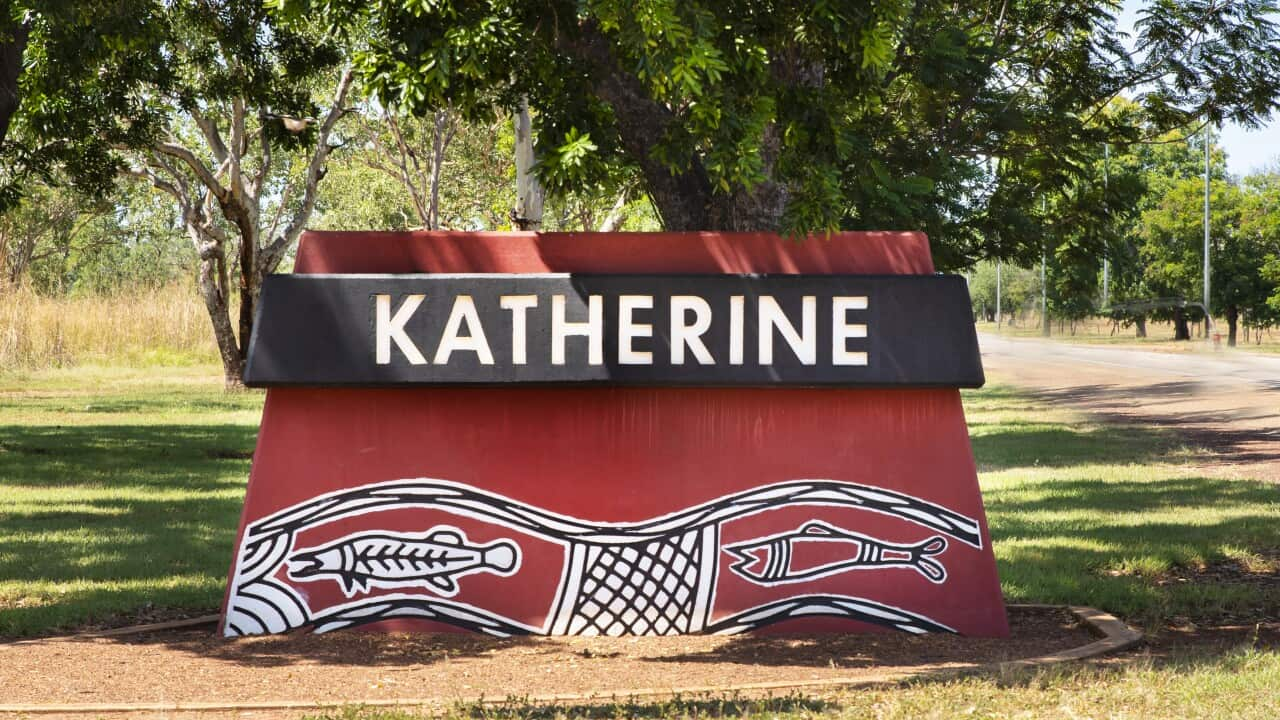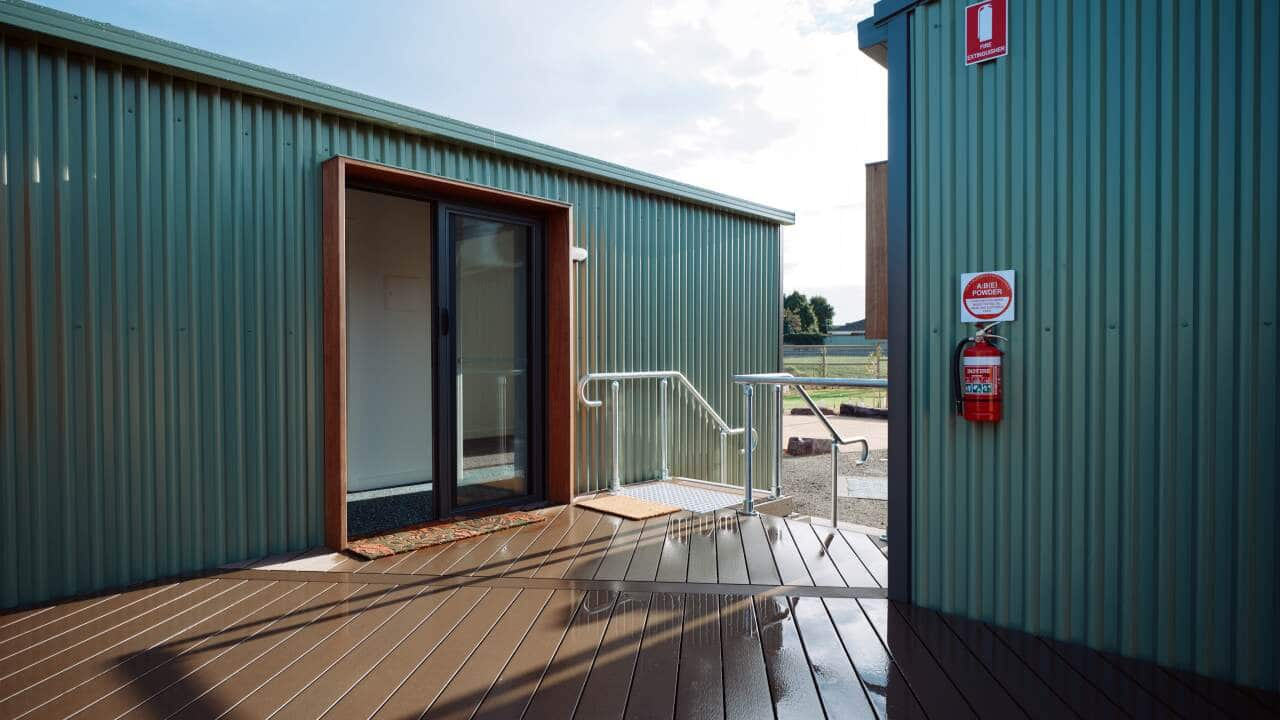Warning: this article contains the name of an Indigenous person who has died.
Didbala was a hip-hop loving teenager who enjoyed sport, singing and dancing and going fishing and hunting when she was with family in community.
But the 17-year-old also “suffered serious mental illness which posed significant challenges for her and those who cared for her including family, health professionals and statutory carers.”
Northern Territory Coroner Elisabeth Armitage has handed down her findings into how Didbala’s troubled young life ended at an Intensive Residential Care (ITRC) house in Katherine, managed by the not-for-profit group CASPA (Child and Adolescent Specialist Programs and Accommodation).
Police were called to the home in the early hours of October 2 2022, when Didbala confronted one of the residential care workers saying she was hearing voices.
An outburst led to furniture being overturned and the worker being assaulted, before Didbala retreated to her room.
Coroner Elizabeth Armitage heard when police arrived, they found Didbala’s bedroom door locked and there was no verbal response when they called out to her.
“None of the attending police had received any specific training in dealing with ‘at risk’ young people,” she said in her report.
In fact, police told the coroner they believed they were there to investigate an assault, and "weren’t aware that an ITRC house was used for children with the most complex needs.”
When they finally forced their way into her room, Didbala had already died.
The five-day inquest heard Didbala had a long history of interactions with mental health services, and her highly complex condition needed "the best of co-ordinated care".
“Sadly, the systems and agencies she was connected with ultimately failed to deliver the care she required,” the coroner said.
Judge Armitage found a litany of failures, among them the “unmanageable” workload facing Territory Families case workers.
“In the Big Rivers Region the average caseload for Case Managers is a whopping thirty-six children, compared with caseloads of around twelve for the Darwin and Central Regions.”
The Big Rivers Region covers 340,000 square kilometres, stretching 1000km between the Western Australian and Queensland borders, and another 700 kilometres from North to South.
In one of her 16 recommendations, Armitage urged Territory Families to “ensure each child in its care is provided a Case Manager with a realistically manageable case … and where this isn’t achievable, Territory Families should consider the feasibility of out-sourcing Case Management” to ITRC service providers.
She noted this was already happening in other jurisdictions such as New South Wales.
Judge Armitage also found the “the starkest example of case management neglect was a failure by Territory Families to efficiently progress an NDIS application even though all the professionals engaged with her believed she was eligible.”
She heard evidence that the NDIS application process stalled several times, and it took more 18 months for an application to be submitted.
Judge Armitage recommended Territory Families “set benchmark times for completion of NDIS assessments” saying it was “alarming” for the department to not already have benchmarks.
Judge Armitage said at the time, ten case manager positions were vacant in the Big Rivers region and high staff turnover also resulted in “inconsistent engagement”.
The inquest heard that at one stage Didbala had three case managers in three weeks.
"It would have been exhausting for Didbala to try and keep track of her changing case managers (if she ever met them) and almost impossible to develop trust or rapport."
The coroner described the current child protection model as “overly bureaucratic” finding that carers are unable to respond quickly to even the most basic requests from young people such as playing sport.
“Simple activities require separate approvals and sometimes separate funding from Territory Families. Given Territory Families workloads there are unacceptable delays.”
Didbala’s family told the coroner the child protection model was not the best for Aboriginal children, who make up 90 per cent of kids in care in the NT.
They called for long term solutions that focus on transferring more responsibility to Aboriginal Community Controlled Organisations (ACCOs).
In conclusion, the Coroner said “despite the efforts of dedicated individuals, the services and care provided by Territory Families was rarely sufficient to meet Didbala’s needs.
“What we are actually talking about are highly vulnerable children in care (and their families) not getting the consistent support and attention that their situations deserve.
"The real impact of this is children missing out.”
Territory Families accepted “it should have taken more steps to partner with Didbala and her family to develop a clear plan for Didbala to be cared for by strong, stable and suitable family, and to ensure that people identified to care for Didbala were aware of her needs and engaged in her care.”





